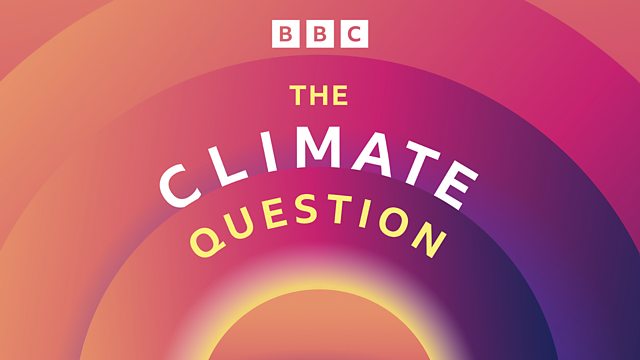Why can't we crack our food waste problem?
From field to fork, food waste is accelerating climate change, so why can鈥檛 we stop it? If we did, greenhouse gas emissions would reduce by about eight percent.
From fruit rotting in fields, to retailers turning down funny shaped vegetables, and consumers scraping leftovers into the bin, food waste is everywhere. It鈥檚 estimated that around a third of all our food ends up not being eaten. If we could sort this, total greenhouse gas emissions would reduce by around eight percent. To put that in context, the only countries that are responsible for emissions of that size are China and the US.
So, what can be done? Graihagh Jackson and Jordan Dunbar discuss fixes - big and small - and hear from a farmer in Morocco turning apples that would otherwise rot into vinegar. The first thing that needs to happen for change to start is for governments to properly count the climate cost of food waste. And that, it seems, is a long way off.
Guests:
Dr Tammara Soma - Research director of the Food Systems Lab at Simon Fraser University
Dr Liz Goodwin - Senior fellow and director in food loss and waste at the World Resources Institute
Mahacine Mokdad 鈥� journalist
Presenters: Jordan Dunbar & Graihagh Jackson
Producer: Olivia Noon
Editor: Emma Rippon
Last on
Broadcasts
- Mon 3 May 2021 01:32GMT大象传媒 World Service
- Mon 3 May 2021 08:06GMT大象传媒 World Service
- Mon 3 May 2021 12:32GMT大象传媒 World Service East and Southern Africa, South Asia, West and Central Africa & East Asia only
- Mon 3 May 2021 19:06GMT大象传媒 World Service except East and Southern Africa & West and Central Africa
Podcast
-
![]()
The Climate Question
Why we find it so hard to save our own planet, and how we might change that.


